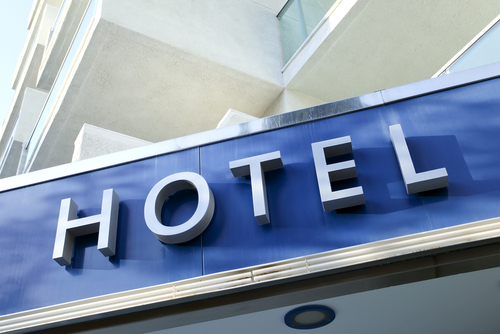
18 Apr Hotels Seeing Success with New Google Ad
Just like with Motorcoach customers, when tourists today are ready to book a hotel, they’re likely to research using a variety of online sources. Many of those solutions, however, are third-party transactions that take revenue from hotels or transportation companies in comparing to direct bookings.
Google’s Hotel Ads product positions itself as an answer for hotels seeking to drive leads and capture– hopefully– direct bookings in a multi-layered and increasingly noisy booking process. Hotel Ads show up in every Google products where travelers could potentially search for a hotel including Search, Maps, and Google+.
Google doesn’t assure that the Hotel Ads will produce a direct booking as users can view multiple prices available directly though the hotel site and third-party providers like Expedia and Priceline.
“Hotel Ads gives hotels the chance to get in touch with consumers where they are booking,” says Megan Danielson, Google’s head of industry for travel. “The target is to connect users to a booking channel, to make the travel journey as rich as possible rather than dictate where users are supposed to book.”
One of five referrals from Hotel Ads to hotel partners comes from smartphones. Google launched Hotel Ads in 2011, but has since streamlined the navigation and prioritized information including rates, availability, user’s reviews, descriptions and location.
Hilton’s Hotel Ads Experience.
This morning Google produced a case study evaluating Hilton Worldwide’s experience with Hotel Ads.
According to the report, Hilton has observed conversion rates increase by 45 percent and ROI increase by 12 percent when utilizing Hotel Ads in comparison to traditional ads that occur in Google Search.
“It didn’t really amaze us that hotels get better conversion rates with Hotel Ads,” says Geraldine Calpin, global head of digital at Hilton Worldwide.
“It’s a further helpful and detailed ad.”.
Conversion rates represent people who click thru the ad and complete a booking. Both conversion and ROI from Hotel Ads are generally in line with what Hilton views from other metasearch partners like Kayak and Hipmunk, says Calpin.
For Hotel Ads specifically, desktop remains to drive the highest conversion rates. The hotel company has seen the best ROI come through Google’s Maps and Places followed by Search and Hotel Finder.
Despite the ad’s relative productivity, integration in search results often comes at the expense of organic search.
“We would always opt for the user find us through our organic listing instead of a paid placement integrated into the search results page,” she says.
Hilton will basically test these digital ad products with a sample of hotels across different locations and price points. Once it has formed best practices for that particular product, Hilton will roll it out to others. All 4,250 Hilton properties currently advertise via Hotel Ads.
Talking about broader ad strategies, Calpin says that retargeting has proven to be one of the best successful methods of digital advertising. Also, hotels that provide interior photos via Google Maps Business View capture much higher engagement than those without photos.


